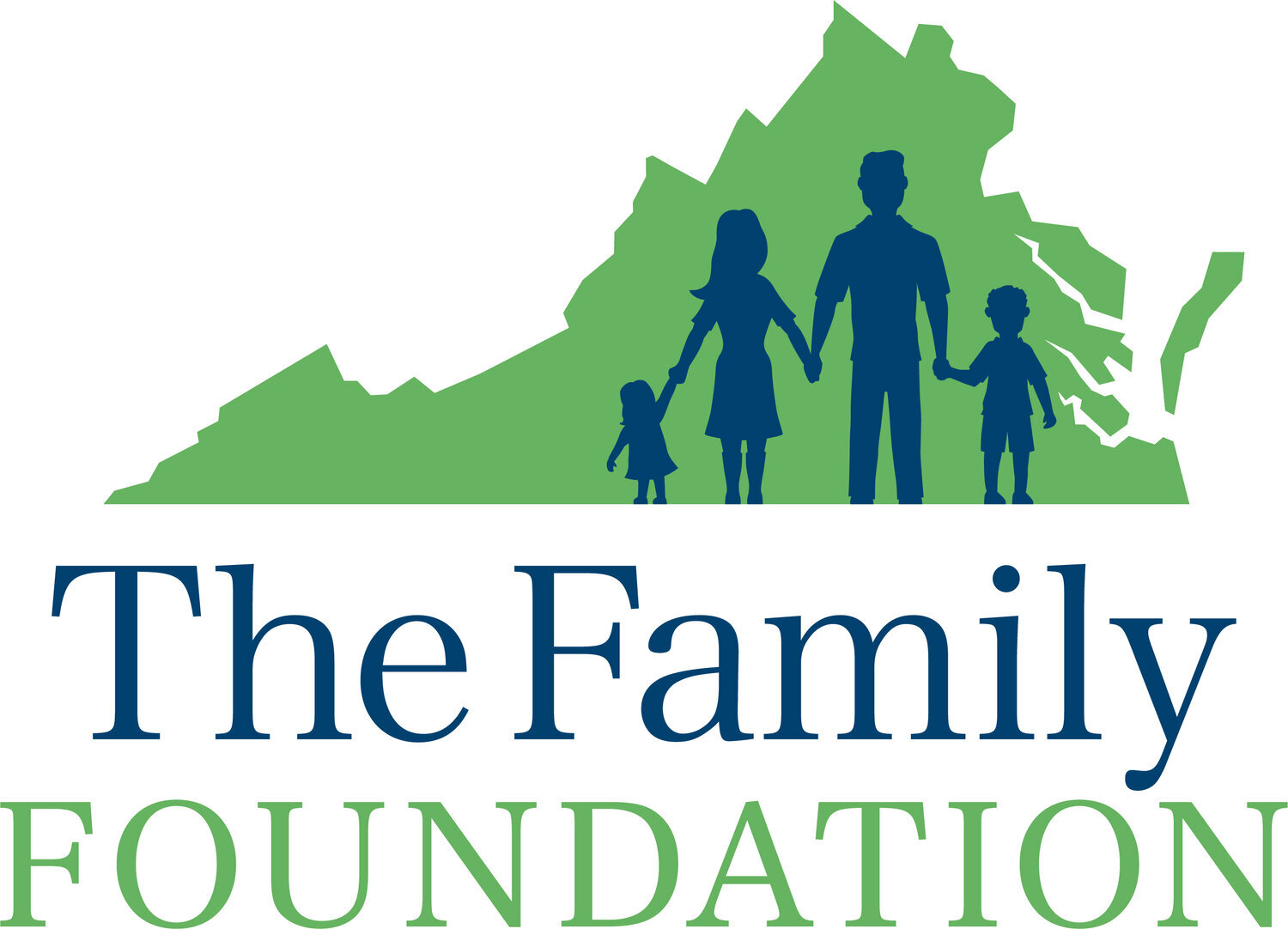The Family Foundation Joins Amicus Brief To Prevent Down Syndrome Abortions
Last week, The Family Foundation joined nine other organizations in filing an amicus brief in support of a petition for writ of certiorari filed by Arkansas Attorney General Leslie Rutledge urging the U.S. Supreme Court to uphold a 2019 Arkansas law prohibiting a practitioner from performing an abortion solely on the basis of a diagnosis or belief that the unborn child has Down syndrome.
Rutledge filed the petition in response to an earlier ruling by the Eighth Circuit Court of Appeals affirming a lower court ruling, which blocked the Arkansas law from going into effect. Interestingly, the Eighth Circuit affirmed because it felt bound by prior decisions that have, according to Rutledge, “misinterpreted the Supreme Court’s precedent.” Additionally, two of the three Appeals Court judges agreed with Arkansas and noted in separate opinions that they regretted the outcome of the case and do not believe the Constitution guarantees a right to selectively abort children with Down syndrome. These same judges also asked the Supreme Court to correct its precedent.
The crux of the Arkansas petition is that the Eighth Circuit misconstrued Roberts’ concurrence in June Medical to mean that precedent dictates that the “right” of a woman to abort a pre-viable, unborn child outweighs any other offsetting and neutralizing interests, and this error needs to be corrected immediately to protect the innocent lives of children who are being aborted just because they have or are believed to have a genetic disability.
In an effort to sway the Court to grant the Arkansas petition, the aforementioned amicus brief presents two significant arguments. First, the Supreme Court has never before considered discrimination against the disabled when ruling on abortion, and there are compelling reasons at both the state and federal levels to prevent this tragedy from occurring. Specifically, the increasing number of unborn children who are aborted due to perceived genetic abnormalities provides us with convincing evidence that eugenics is still alive and prospering in the United States. As prenatal screenings become increasingly available and accessible, more women than ever are learning whether their baby has Down syndrome prior to the child’s birth. Regrettably, over two-thirds of unborn babies diagnosed with Down syndrome are aborted in the United States. This needs to stop.
The Eighth Circuit also was wrong in its assertion that Roe and Casey provided women with an unrestricted right to abort unborn children prior to viability on the basis of a perceived disability or special characteristic particularly since the Court has never directly addressed this issue. Moreover, protecting those who are most vulnerable should always qualify as a compelling interest, and who is more vulnerable than an unborn child – particularly a genetically disabled, unborn child.
Second, the amicus brief argues that while Rutledge’s petition points out that the Court could reverse the Eighth Circuit Court’s ruling without overturning Roe and Casey, this case provides the Court with the perfect avenue to consider whether revising or overturning them is the appropriate course of action.
Earlier this week, the Supreme Court agreed to accept a case filed against a Mississippi law that prohibits abortions from being performed after 15 weeks. In Dobbs v. Jackson Women’s Health, the Court granted a petition to hear one specific question – whether all pre-viability prohibitions on elective abortion are unconstitutional. Since both Dobbs and Rutledge address this issue, it is likely that the Supreme Court will hold Rutledge while it decides Dobbs and then send Rutledge back down to the lower courts for reconsideration after the Dobbs ruling is made.
There’s no way to predict what the Supreme Court will decide in either case. However, there is one thing that is certain – every single human life, no matter hold old or how big, has value and is entitled to protection by our laws. Children with Down syndrome, whether born or unborn, deserve to be loved and protected -- not given a death sentence because they have particular genetic characteristics.
We are all born with unique qualities, things that make us special, particularly to our friends and families who love us. Children with Down syndrome or other qualities are no different. It’s past time for the Supreme Court to affirm this fundamental truth.
